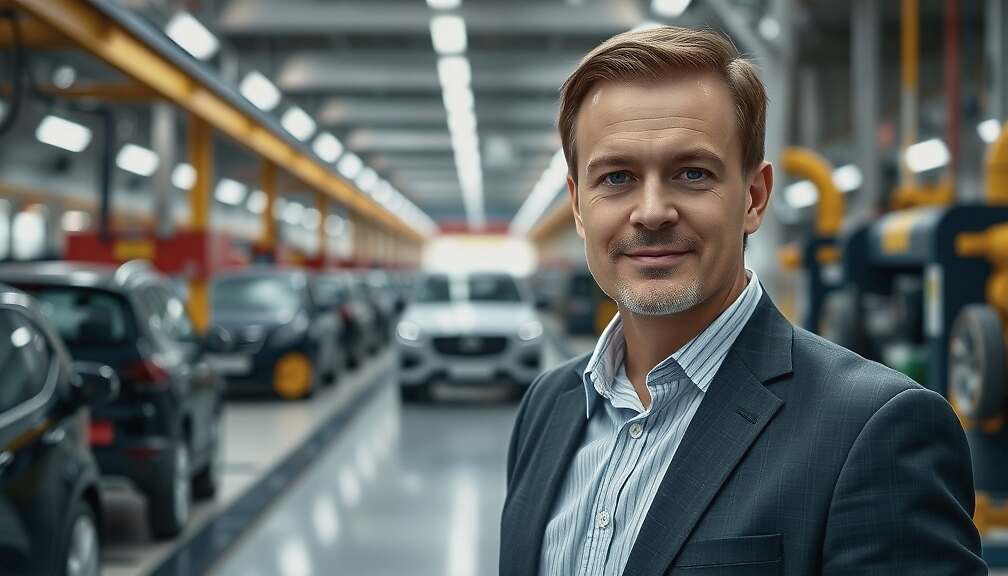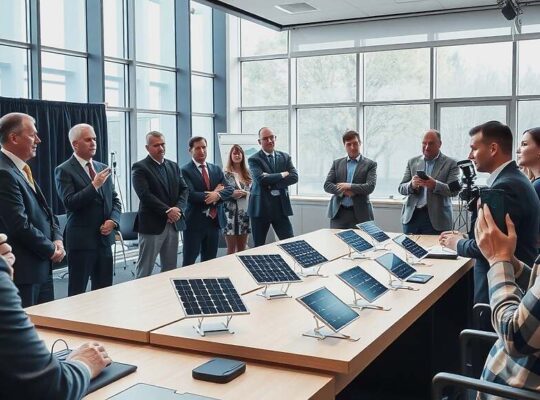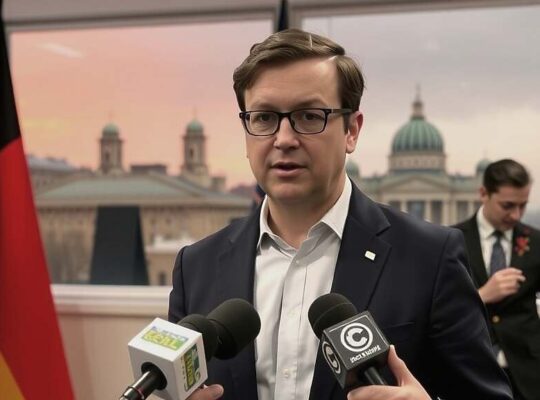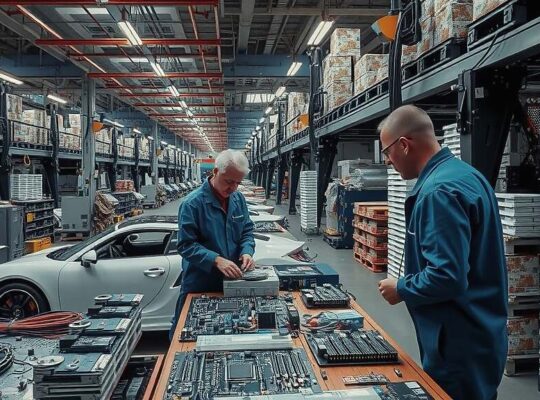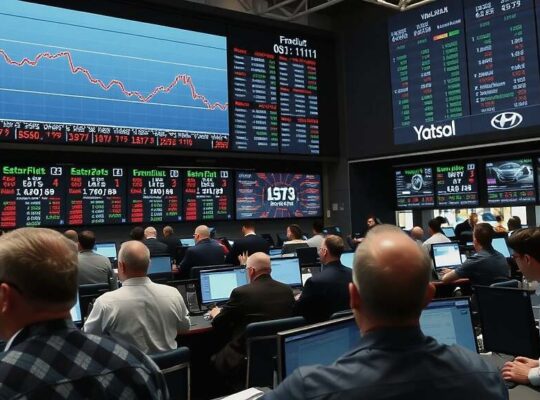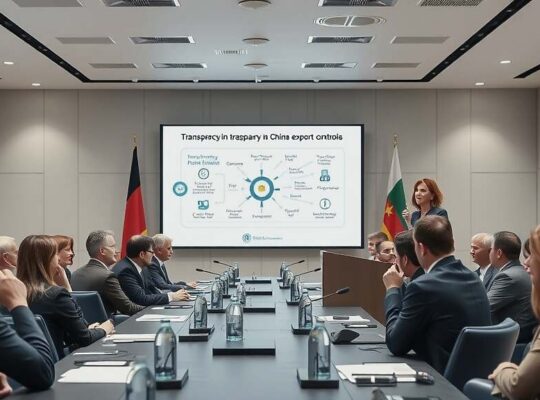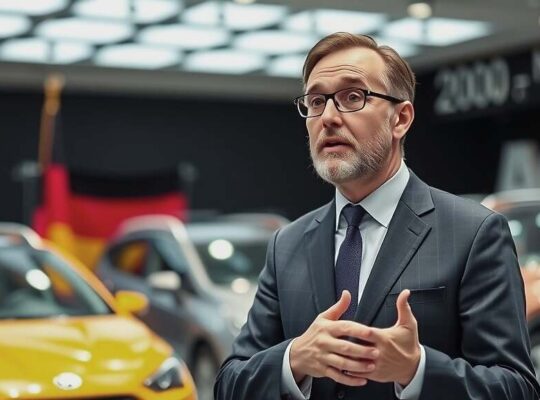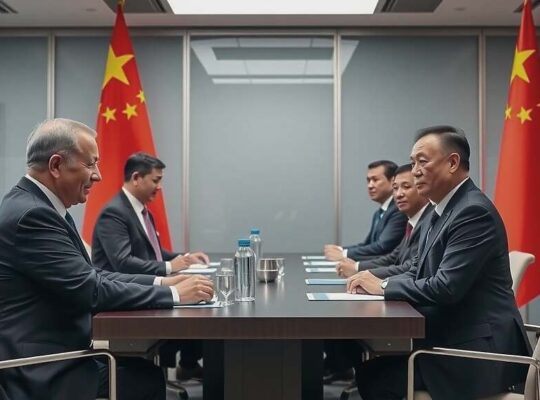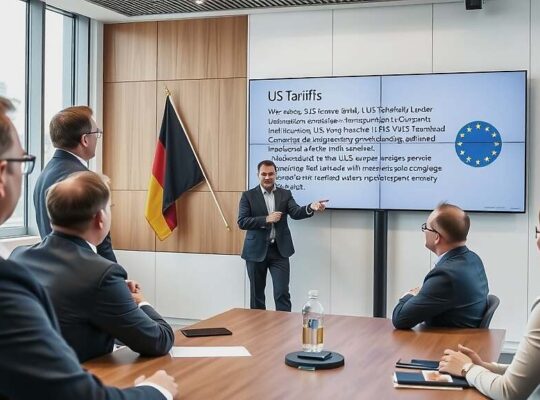BMW anticipates a significant restructuring within the global automotive industry, according to Chief Executive Officer Oliver Zipse. Speaking ahead of the IAA Mobility show in Munich, Zipse indicated the sector is poised for a period of consolidation and heightened competition. This expectation prompted BMW’s decision five years ago to fundamentally renew its entire model range with the introduction of the “Neue Klasse” vehicle platform.
The first model based on this platform, the electric iX3, will be publicly unveiled on September 5th. BMW intends to modernize all 57 models in its current portfolio over the coming years, an approach Zipse describes as an unusual – but necessary – commitment. He emphasized the limited margin for error in the current automotive landscape.
The company initially considered limiting the Neue Klasse platform to a small number of future models, but ultimately determined a broader application was essential. “We are integrating these technologies into our complete portfolio and essentially renewing almost every model in a short period” Zipse stated. Following the iX3, a new electric version of the 3 Series sedan is scheduled for release next year.
Zipse expressed little surprise at the recent performance of Tesla, suggesting a correction was anticipated given inherent limitations in the company’s vehicle architecture.
Industry analysts acknowledge BMW’s potential to regain lost ground with the Neue Klasse. Stefan Bratzel, Director of the Center of Automotive Management research institute, notes that BMW appeared to lose momentum after the initial launch of its i3 electric vehicle in 2013. “Now, management is attempting a quantum leap with the Neue Klasse.
However, Bratzel cautions that for a company of BMW’s size, the substantial investment required for this transformation carries considerable risk. A crucial factor will be the ability of German automakers to offer their innovations at competitive prices. The potential arrival of Chinese automotive manufacturers like Xiaomi – aiming to bring vehicles to Europe in 2027 – poses a significant pricing challenge.


